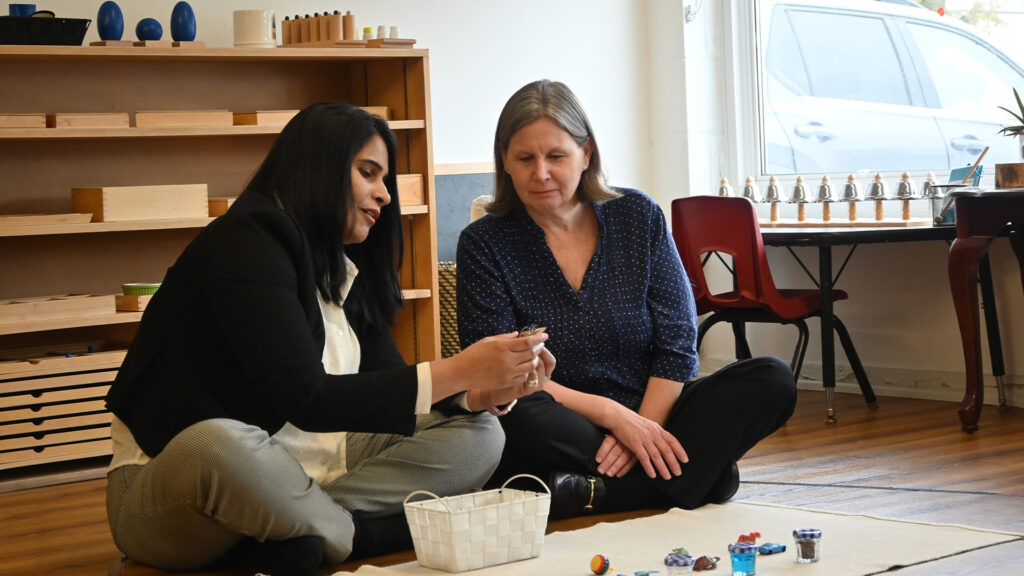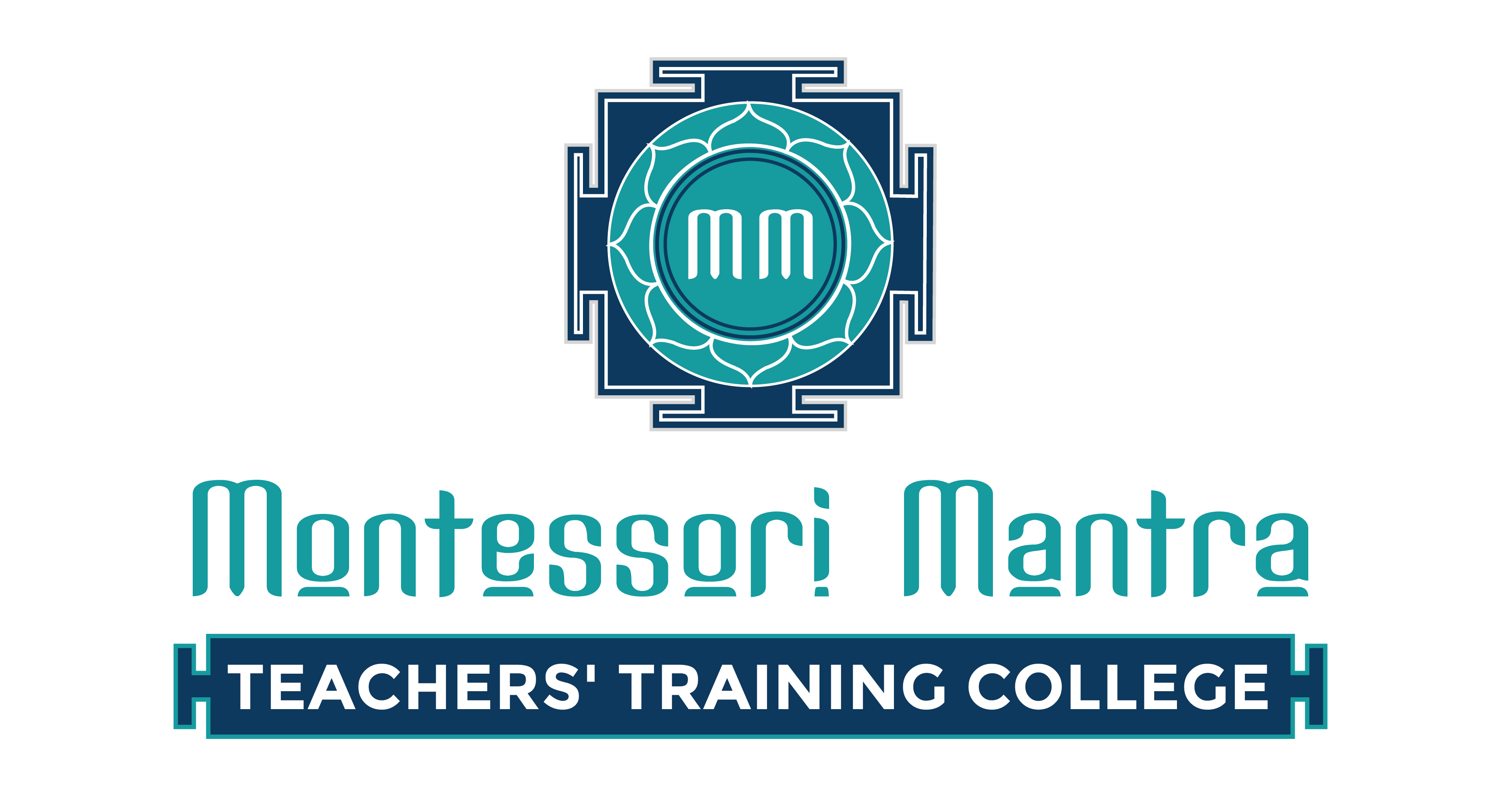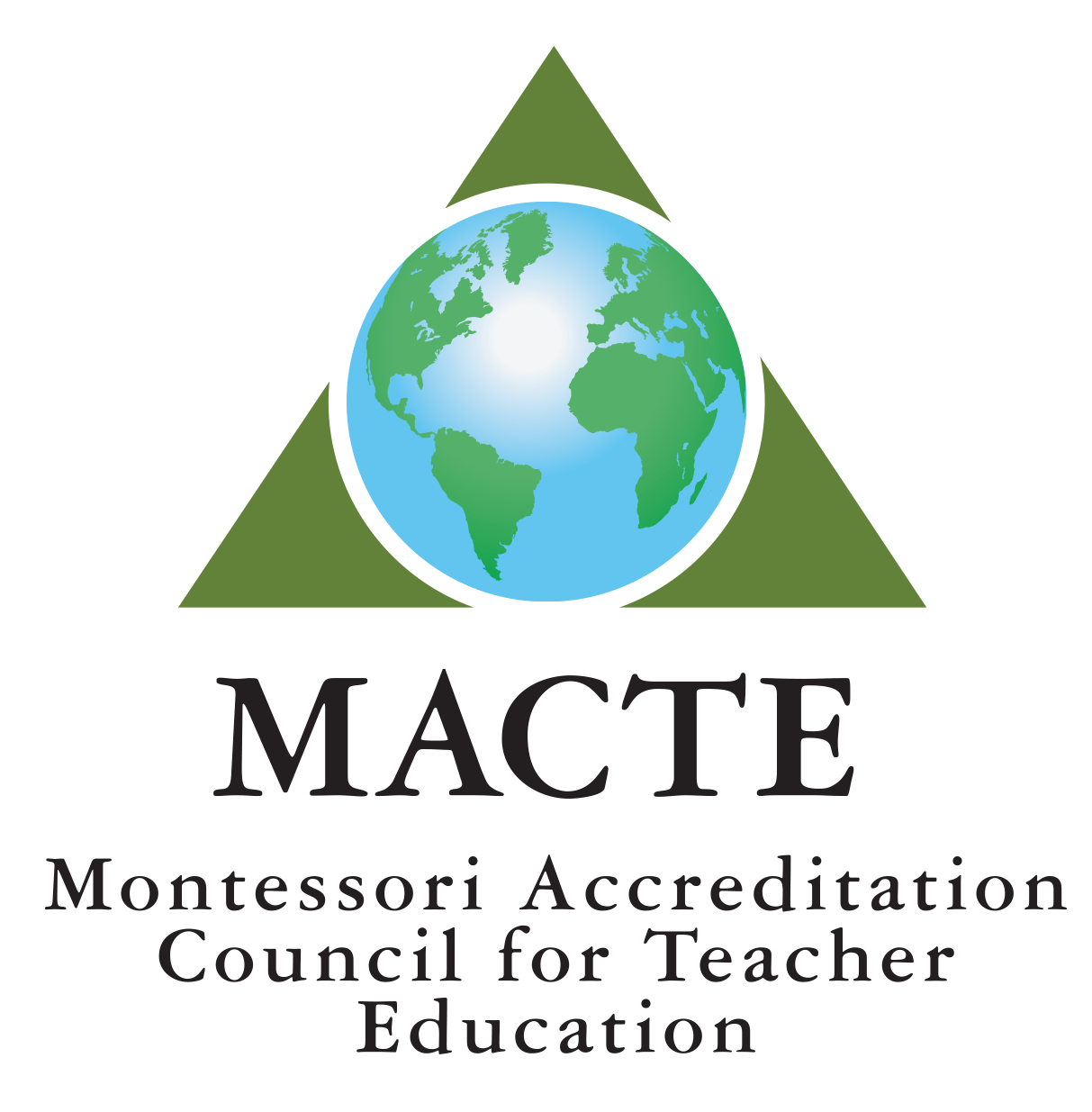
Independence is a critical life skill that empowers children to make decisions, solve problems, and take responsibility for their actions. Montessori education is unique in its ability to foster independence in children from an early age. Through its carefully designed environment, child-centered learning methods, and emphasis on self-directed activities, Montessori education builds a solid foundation for children to become self-reliant learners and individuals.
1. A Prepared Environment That Encourages Autonomy
In Montessori classrooms, everything is intentionally designed to promote independence. Furniture, materials, and tools are child-sized, making it easy for children to navigate their environment without adult assistance. Open shelves allow children to choose activities independently, giving them the freedom to explore their interests at their own pace.
2. Self-Correcting Materials for Independent Learning
One of the hallmarks of Montessori education is the use of self-correcting materials. These tools allow children to assess their own progress without needing constant feedback from a teacher. Whether it’s learning math with bead chains or practicing early reading with sandpaper letters, children can work through challenges independently.
3. Freedom of Choice: Building Decision-Making Skills
In Montessori classrooms, children are given the freedom to choose their own activities. This autonomy teaches them how to make decisions based on their interests and developmental needs. When children are trusted to make these choices, they learn to take responsibility for their actions and outcomes.
4. Practical Life Activities That Foster Independence
Practical life activities—such as dressing themselves, preparing snacks, or caring for plants—are a key part of the Montessori curriculum. These tasks may seem simple, but they help children develop fine motor skills, concentration, and a sense of responsibility. Most importantly, they build confidence in their ability to manage everyday tasks without relying on adults.
5. Mixed-Age Classrooms That Encourage Peer Learning
Montessori classrooms typically feature mixed-age groups, where younger children learn from older peers. This peer-to-peer learning dynamic allows older children to model independence, teaching younger students how to navigate the classroom and complete tasks on their own. Younger children naturally follow the lead of their older peers, creating an organic, supportive environment for independent learning.
6. The Role of the Montessori Teacher: A Guide, Not a Director
In Montessori education, the teacher plays the role of a guide rather than a traditional instructor. This shift in dynamic puts the child in control of their learning experience. Instead of directing the learning process, Montessori teachers observe and gently guide children when needed, allowing them to discover and solve problems on their own.
Empowering Children for Lifelong Independence
Montessori education is more than just an academic approach—it’s a philosophy that nurtures independence at every stage of childhood development. By creating an environment where children are free to make choices, solve problems, and manage their daily tasks, Montessori equips them with the confidence and skills they need to succeed in school and beyond. The independence fostered in Montessori settings forms the foundation for children to grow into capable, self-reliant adults.


